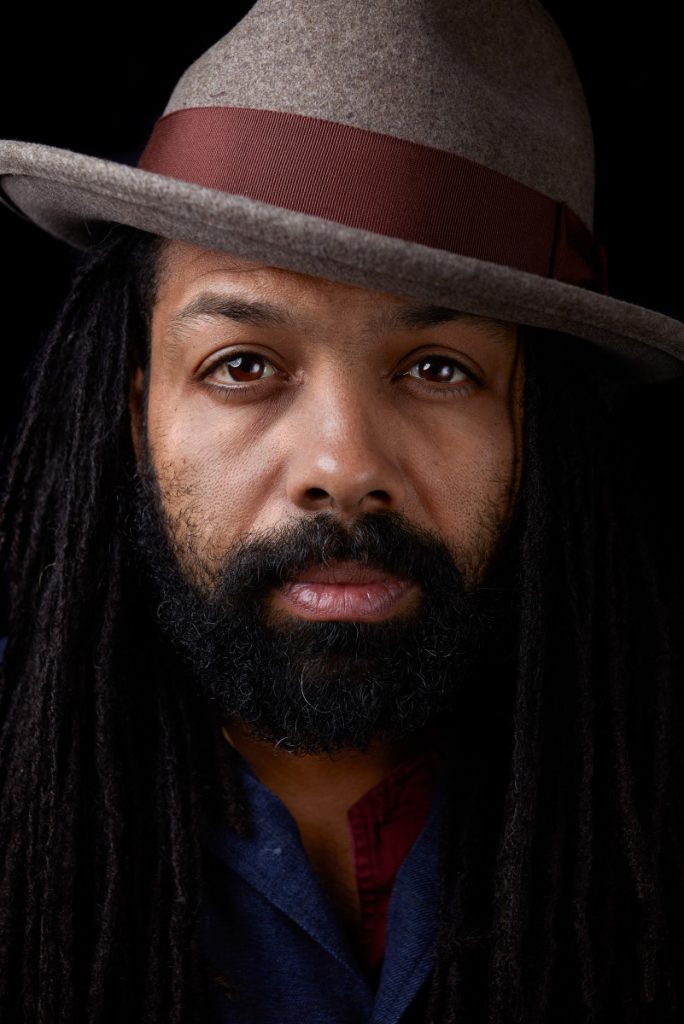From artistic director of Northwest Folklife to multi-instrumentalist to educator to social entrepreneur, it’s easy to ask, “What doesn’t Benjamin Hunter do?”
Now, he serves as the final speaker of the 2022 Chautauqua Lecture Series at 10:45 a.m. Friday, Aug. 26 in the Amphitheater. Hunter will help wrap up Week Nine’s theme, “A Vibrant Tapestry: Exploring Creativity, Culture and Faith with Smithsonian Folklife Festival.”
Hunter spends most of his work interacting with what folk culture is and what he and others can do to make folk as culturally rich as it possibly can be. For him, folk isn’t a genre — it’s more expansive than that.
“It’s not a genre. It’s not a style of music or craft,” he said. “It is whatever it is that people do in whatever place or time or position or environment that they are in to celebrate, whether it’s to celebrate their joy or … in some cases, their pain and their loss, to cope.”
With this definition, folk is not a specific musical sound. It becomes almost limitless in what it can encapsulate. Hunter feels that when there are limits, that’s when folk really isn’t folk.

“We need to stop creating scenarios where we put people into boxes that define or project delineations of music or folk or craft,” he said. “We need to start nurturing environments that allow people to express themselves where they are, who they are, when they are, because that’s the history of folk in my research.”
Creating this type of environment that nurtures people is one of Hunter’s main focuses as artistic director of Northwest Folklife, which is an independent organization dedicated to creating arts and culture festivals that reflect Pacific Northwest communities.
He ensures that not only the artists invited into this work are diverse, but that they are paid fairly, too. Diversity is crucial to folk culture, Hunter said, because folk has centered the patriarchy and whiteness for so long.
“Why is it that some people in this country can be called American and then other people need to be called African American or Asian American or Latino American?” he said. “We need to figure out a way to help people understand what their folk is.”
For Hunter, the key to understanding someone’s folk history is for people to understand their personal beliefs. When they understand that their lineage and history has equal value to everyone else’s, that is when people will listen to each other.
“When we think about folk, it’s storytelling, really, when it comes down to it,” he said. “We just need to find more ways to allow people to listen to other people’s stories.”
Hunter’s story begins with his parents. His mom was a white woman from Arizona and his dad was a Black man from Tanzania. While Hunter never met his father, he did spend his childhood traveling with his mom, moving to many different countries, including Zimbabwe, where he says he spent his formative years.
“There’s just all of these things that go into who I am as a person,” he said.
And to Hunter, all of these things make up his folk.
“Finding our folk doesn’t just mean discovering your own personal mythology,” he said. “It’s discovering your own personal mythology in the fabric and the interweaving of a community that sees you — and that you see them, as well.”




